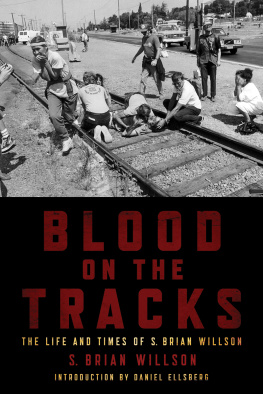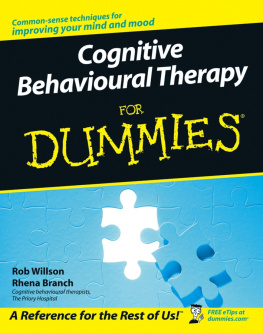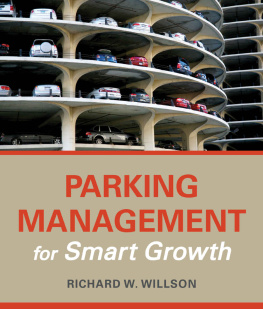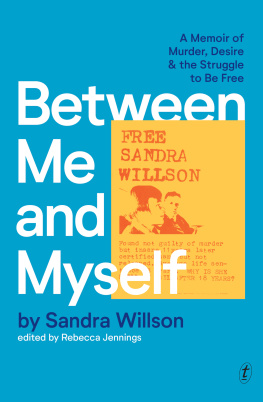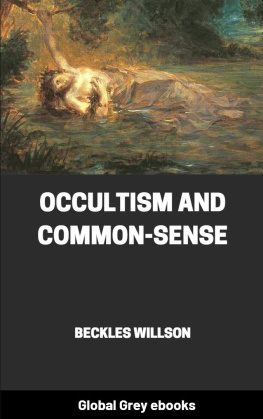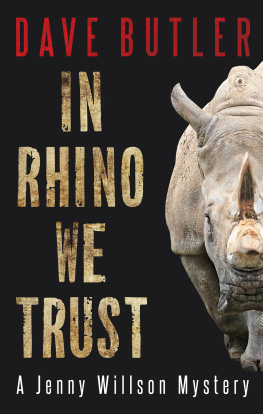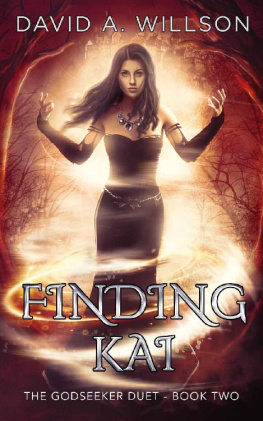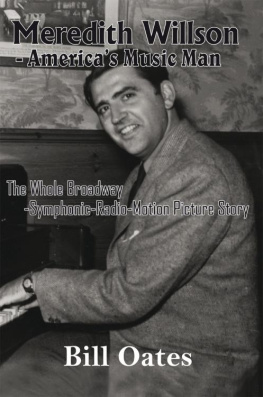There are few peace activists who have the dedication of Brian Willson, as there are few activists who inspire me more. I hope Brians story can inspire a new generation of activists to fight with all they have for peace, justice, our planet, and humanity.
Cindy Sheehan, The Peace Mom
In a world filled with violence, oppression, the madness of war, and the destruction of the environment, many are searching for hopeand those individuals who give us hope.
This is where Brian Willson comes in. Like many of us, he bought into the lies of war and violence. But something happened along his journey, and Vietnam was only the beginning. He discovered the truth and he followed it, no matter the cost. I encourage you to read this book about a great peacemaker and a great lover of mother earth. You will be filled with hope.
Roy Bourgeois, June 7, 2010, founder, SOA Watch
Brian Willson is one of a few modern men for all seasons. His memoir is an introduction to a way of living that could save a planet perilously drifting toward extinction. He takes the philosophy nonviolence or do no harm and applies it to the violence we are doing to the planet and one another. (Personal note: perhaps we are a species that should be extinguished. At least 99 percent of us.) Caution! Read at the risk of being inspired.
Charlie Liteky, Congressional Medal of Honor recipient, Viet Nam
The 1960s to the 1980s... for progressive activists in the United State there perhaps was never a period quite like itVietnam to Nicaragua to El Salvador, one long protest against the barbarity of American imperialism. S. Brian Willson was there, here and everywhere, devoting his life, sacrificing his legs to a munitions train. A marvelous journey, he calls it, for the boy who was convinced that the United States could do no wrong, a loyal anticommunist, who served in Vietnam, then traveled the length of Latin America to oppose U.S. foreign policy and support the numerous victims of that policy. Sadly, that policy continues, but Willsons memoir can well serve as a guide and inspiration to a new generation of progressive activists. Weve learned a lot.
William Blum, author, Killing Hope
This stunning and comprehensive memoir is three overlapping books in one. First, there is a detailed narrative of major events in Brian Willsons life. He grew up as an all-American boy in upstate New York and hoped to become an FBI agent. When drafted for service in Vietnam he volunteered for the Air Force. Witnessing the indiscriminate bombing of Vietnam villages changed his outlook forever, and led to his water-only fast against the Contra War in Nicaragua and the loss of his legs on the tracks at Concord Naval Station.
Next, there is Brians research-in-depth in societies victimized by U.S. imperialism. Along with scouring relevant histories, he went to Vietnam, Nicaragua, El Salvador, Colombia, occupied Palestine, Ecuador, Brazil, Iraq, Cuba, and most hopefully, Chiapas, and talked at length with ordinary people. Everywhere he found two things: on the one hand, desperate poverty caused by multinational corporations headquartered in the United States and the effects of brutal American military intervention; on the other hand, remnants of an ancient way of life characterized by mutual aid and self-reliance in small communities, and connection with the natural world.
Finally, Brian Willson takes us with him on his spiritual journey. He asks us to recognize that Americans face an unprecedented choice between an ongoing, shameful narcissism in which we ravage the world and endanger humankind for the sake of material things, and a life grounded in horizontal rather than vertical relationships that is slower, smaller, more dignified, and in the end more satisfying.
Staughton Lynd, historian
S. Brian Willson is an American hero who gives me inspiration and hope. In this book, he takes us on an amazing journey through his life as an all-American young man. He was an excellent student, an all-league athlete, a Conservative Baptist, a Republican and a strong believer in the American way of life. In 1969 he had an epiphany in Vietnam that changed his life forever. He has had many incredible experiences along the way, including being run over by a U.S. Navy train, where he lost both of his legs while protesting U.S. foreign policy in Central America. Brian now stands for peace, justice and fairness for all people of the earth. I love his mantra: We are not worth more, they are not worth less. This book should be required reading for all high school and college students in America.
Cynthia McKinney, former Green Party presidential candidate
This Brian Willson is no throwaway American. This was a soldier in wartime, this was a protester after war taught him its lessons, and finally, this was a sacrificer in carrying protest to the nth degree. I was busted with him but I never gave the ultimate as he gave. This book is about a patriot, the kind of patriot you dont find anymore, the kind of patriot who loves and believes in his country so much he surrendered his legs in telling his country its wrong. Read this book.
Edward Asner, actor
Brian Willson has lived one of the more interesting and inspiring lives of any peace activist in recent American history. His story deserves to be read and absorbed by people of all persuasions: militarists as well as antimilitarists.
Peter Dale Scott, author, The War Conspiracy: JFK, 9/11, and the Deep Politics of War, poet
Brian Willsons life story teaches us to walk the talk, guided by one of the finest prophets of our time. Brian teaches us that we cant control the U.S. government. It is every bit as reckless as the train which ran over him. Brian asks people to stop fuelling the train. If we cant control our own government, can we at least stop actively helping it? For many years, he traveled all over the world to campaign against weapons and war, but his conscientious objection to voracious resource consumption spurred him to design a new life style. With impeccable logic, Brian challenges us stay closer to home so that we can avoid consuming more than our fair share of energy. By living simply and working hard for justice, he aims to attain right livelihood. By studying his writing and following his lead, we bolster our chances to build a better world.
Kathy Kelly, Voices for Creative Nonviolence
I write as a witness to S. Brian Willson.
It was the privilege of the Office of the Americas to be part of the Nuremberg Actions at the Concord Naval Weapons Station in California. And this is the site where Brian and his fellow veterans gathered on the tracks to stop a munitions shipment to Nicaragua. The munitions train did not stop, in fact it speeded up as it approached the protesters. It was here at Concord that Brian lost both of his legs and received a brutally fractured skull.
And after Brians rapid recovery, it was our privilege, during the peak of Reagans homicidal war on the Nicaraguan people, to travel over much of Nicaragua with this wounded hero. We flew at tree-top level in a worn out helicopter to see the devastation.
Brian Willson represents millions of young women and men whose lives have been severely damaged by unnecessary, illegal and immoral imperial wars conducted by our nation. He urges us to a new way of life. This book must be required reading for every high school and college student. Their lives depend on it.
Blase Bonpane, PhD, director, Office of the Americas
Brian Willson and I went to Nicaragua in 1988 to witness the Sopoa Peace Summit between the Contras and the Sandinistas. The love and respect shown him by the people there was heartfelt and heart-warming (he had knelt in front of a train in the well-publicized protest of the shipment of weapons to be used against the citizens of Nicaragua by the Contras, who were trained and equipped by the U.S. and who wanted to destabilize the Sandinista government). In hospitals full of children and farmers who had lost limbs because of land mines planted by the Contras, we was obviously and immediately one of them. Hed done it for them and they loved him for it.
Next page
